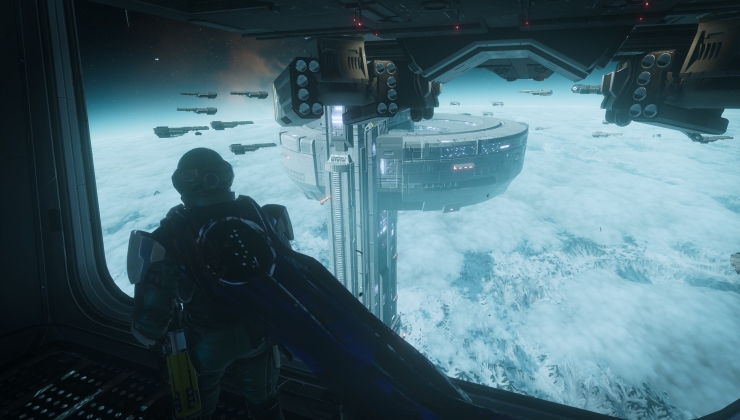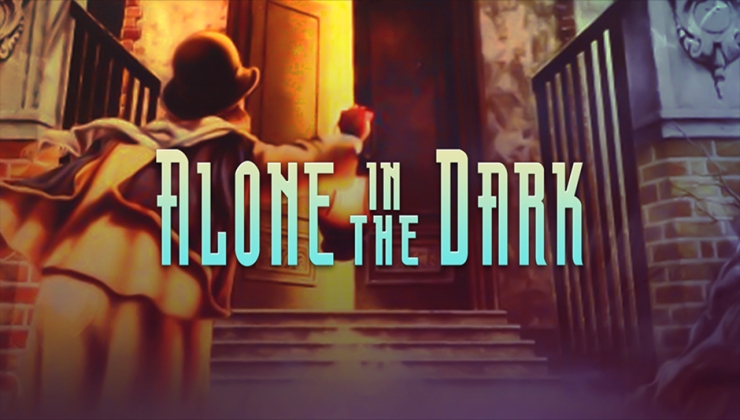Unity Technologies just recently released a brand new build of the Unity game engine, with a focus on performance, stability and workflow improvements.
The Unity 2020.2 release is now in Beta, which follows their pattern of having two 'TECH' releases followed by Unity 2020 LTS which is due for March 2021. The TECH release are for enthusiasts who need the latest stuff, with the LTS builds aimed at everyone else. The full 2020.2 release should be later this year.
Looking over the changelog, here's some of the Linux-specific stuff in Unity 2020.2 beta:
- Graphics: Virtual Texturing is now supported on Linux Standalone player
- Linux: VTune integration support is now available on the Linux platform.
- WebGL: Added check for Linux to use the correct version of the Brotli compression library
- Editor: Allow multithreaded graphics in the Linux editor when using Vulkan
- Editor: auto_quitter has been renamed to UnityAutoQuitterauto_quitter on all platforms. It is now a native program on MacOS and Linux.
In addition to new features, there's a healthy dose of Linux standalone builds and Linux Editor bug fixes.
As for new stuff on all platforms, there's plenty of exciting developments there too. They're working on a lot of improvements to help with compile times, which can grow a lot as games and apps built with Unity get more complex. The IL2CPP unity-created scripting backend that converts .NET assemblies into C++ was previously single-threaded, which has now moved to take advantage of modern multi-core processors. Frame time calculations should be more stable now too, resulting in "much smoother object movement when the game is running at a stable frame rate". They're still working on hooking up that improvement to Vulkan for Linux and Windows though, seems like most other builds have it online.
Numerous other improvements all across Unity 2020.2 include C# 8 support, lots of UI improvements and streamlining, a new 'Safe Mode' available to improve how Unity handles opening projects with scripting errors to help get it back into a functioning state, big improvements to the Quick Search tool and much more.
Current release notes can be seen here.
For the Linux Editor, we're still expecting that to be properly released and supported this year. As far as we know it's still going ahead, as they've not announced any more delays since it was originally due in 2019.
They are going through some changes on the subject of Linux support though, as detailed in this forum topic. Their plan appears to be supporting Ubuntu 20.04, Ubuntu 18.04 and CentOS 7 while they will remove support for Ubuntu 16.04. They mentioned that CentOS is "the industry standard for the Film/VFX industry" which is why it's included and they have no current plans to support other Linux distributions. They made it clear they're "passionate about Linux" and so they will keep an eye on the distro situation.




 How to setup OpenMW for modern Morrowind on Linux / SteamOS and Steam Deck
How to setup OpenMW for modern Morrowind on Linux / SteamOS and Steam Deck How to install Hollow Knight: Silksong mods on Linux, SteamOS and Steam Deck
How to install Hollow Knight: Silksong mods on Linux, SteamOS and Steam Deck